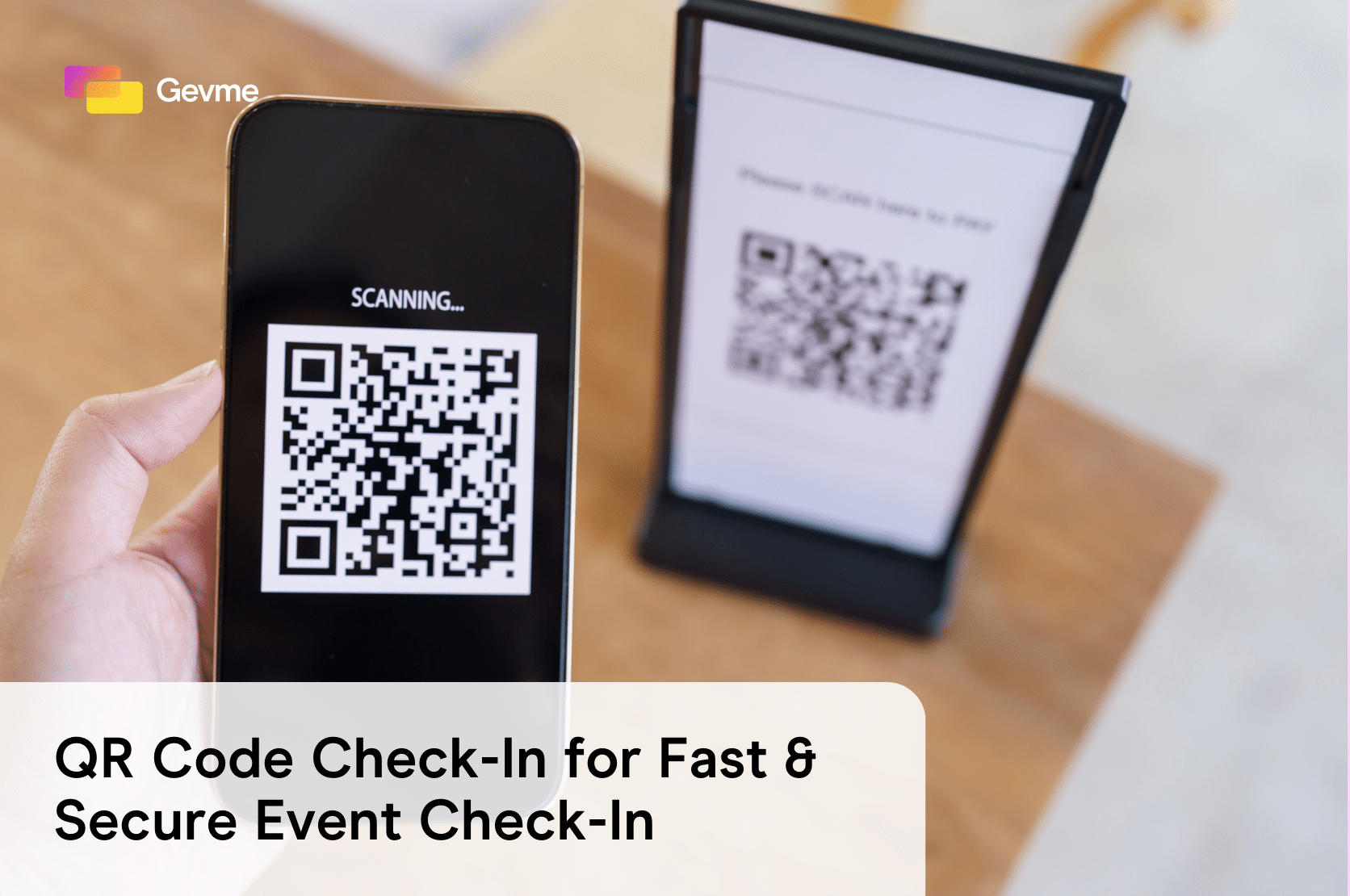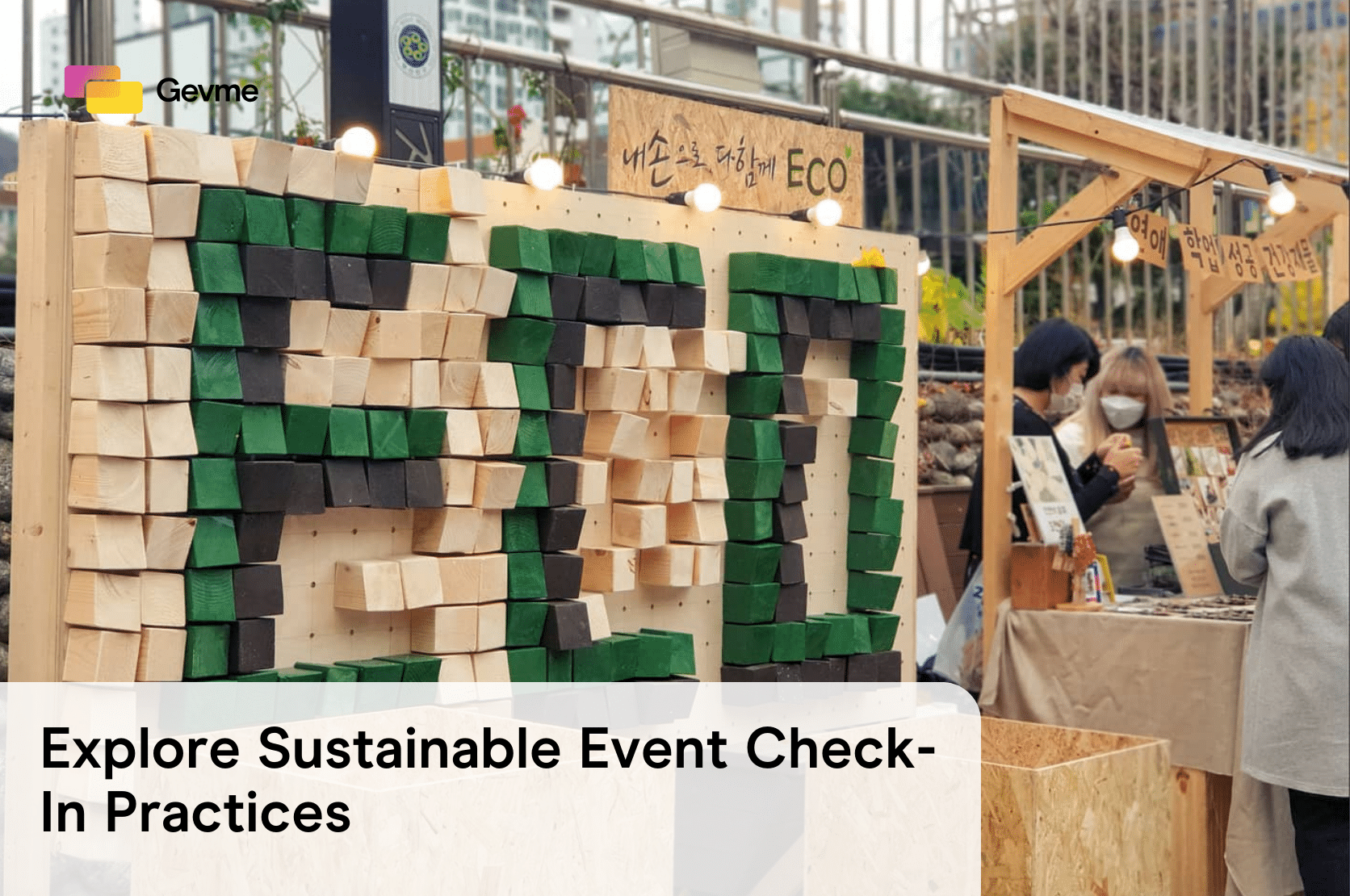Not anyone can be an event planner. A qualified candidate has to be able to expertly multitask, handle spur-of-the-moment situations, and deal with client grievances. The interviewer is going to weed out those deemed unfit. If you’re lucky enough to make it into the interview phase, then you need to be at your A-game. We’ll discuss the four steps for wowing even the most hard-to-impress interviewers.
1. Be Mindful of Your Body Language
Your body language reveals a lot about your emotional state and what you’re thinking even if nothing comes out of your mouth. Your body posture, arm placement, and facial expressions are all facets the interviewer will be watching for.
Maintain a body language that exudes confidence. Keep these pointers in mind:
- Maintain eye contact with a slight smile as the interviewer is speaking. Give an attentive nod whenever the interviewer pauses between sentences.
- Sit up straight and don’t cross your legs. Sit a few inches away from the back of the chair. Slouching on the chair gives off a “whatever” vibe.
- Every now and then, lean slightly forward as you or the interviewer is speaking. This shows that you’re engaged in the discussion.
- If you’re not speaking, keep your hands palms down on your lap or folded on the table. If speaking, feel free to use gestures when making an emphasis. Refer to this guide for a more comprehensive explanation of hand gestures when speaking.
Body language matters because clients can be quite intuitive and pick up subtle details. If your posture entails that you’re flustered, that’s not going to rub off well on the client, who probably has a generous list of other event planners to select from.
2. Know Your Resume Like the Back of Your Hand
Even though it’s all in your resume or CV letter, the interviewer may still bring up questions regarding your history. There’s no need for modesty; if you have previously planned large-scale events for big-name clients, feel free to emphasize it. If all your clients are equal, then bring up the most recent experience.
If your work history comes up and you don’t have any previous experience, don’t fret. Bring up any form of planning you did in the past, even if it’s on a voluntary basis for your church, school, or neighborhood. Even though event planning isn’t exactly a learn-on-the-job profession, you may still be considered if you exhibit enthusiasm, a go-getter personality, and an ability to quickly take in information.
You can also point out experiences that are loosely related to event management. If you weren’t a planner but part of a setup or security detail for a conference, for instance, then that should be mentioned.
Your resume should also include references of past employers or clients. Know those references by name and bring them up as reliable sources that can vouch for you.
3. Emphasize Any Marketing Experience
The job description of an event planning goes far beyond roles like staking out a venue, setting up decorations, negotiating rental fees, etc. You also have a side duty as a promoter.
Event planning calls for a people-person, extrovert-type personality. Talking to people, both in person and online, needs to be second-nature to you. Furthermore, you should be active on social media and be the type of person who retweets, shares viral content, and takes selfies.
At some point in the interview, you may be asked the all too common question “why should we hire you?” Your response shouldn’t be a generic answer like “I have experience” or anything like that. The interviewer is looking for an additional attribute that distinguishes you from the other candidates.
Use this moment to emphasize your ability to garner social media attention. If you retweeted a message or event hashtag that trended, bring that up. If you’re marketing initiative led to a sold-out event, be slightly braggadocios about it.
Finally, be sure to also emphasize any offline marketing experiences. For example, if you also design the flyers or have connections with a company that does that, then drive that point home.
4. Be Prepared for Situational Questions
The interviewer is going to gauge how well you respond in a hypothetical situation that can and do come up. These are scenarios where you have to make a judgment call on the fly. It’s not going to reflect well on you if you spend too much time thinking of an answer. If such a scenario does actually come up, you’re not going to have ample time to think it over.
Some questions that may be asked include:
- What are your decision factors for choosing a venue? Between pricing, availability, location, and facility layout, which do you give the most weight to and why?
- What are your criteria for choosing third-party services, such as caterers and security? How do you assess the quality of such services post-event?
- Have you ever planned more than one event at a time? If so, what was your plan for juggling multiple clients?
- Have you ever went over the proposed budget? If so, did you scale back or permit the extra spending?
- How would you react to a technical difficulty? Do you proceed without that piece of technology, or do you try to spend another 10-minutes (and risk a delay) trying to fix it?
Keep in mind that these questions don’t really have a right or wrong answer (unless your answer is way off mark). The interviewer is more interested in your reasoning and why you answered the way you did. Factors the interviewer may look for include:
- How long it took you to come up with an answer
- How well you answer a follow-up question
- Whether you stand by your answer if prodded with a “but what if” question.
Event planning, for the most part, isn’t an entry-level type job. The interviewer is only looking for the cream of the crop. Prove to the person sitting across from you why you deserve the position. Be prepared, be assertive, and especially be confident.
Dan McCarthy is an Event Manager at Venueseeker, an event management company based in the UK. Dan has 5 years of event project management under his belt. He has worked on many successful events, and currently, e shares his knowledge by writing on the company blog. Follow him on Twitter @DanCarthy2.








